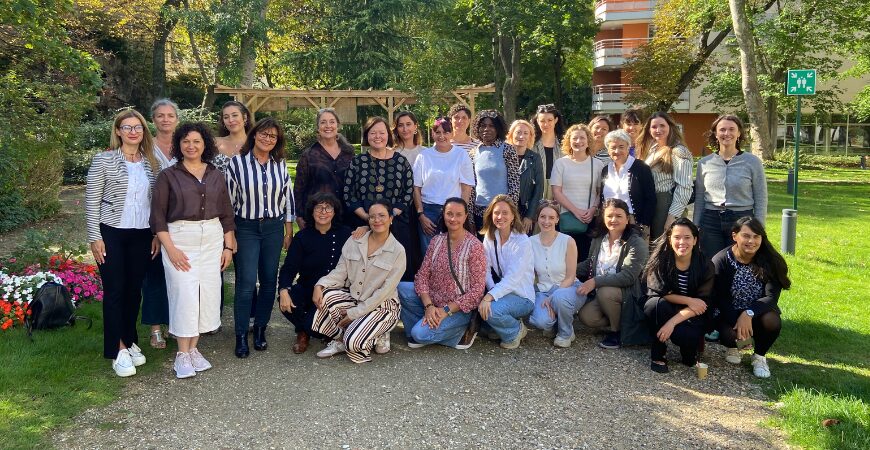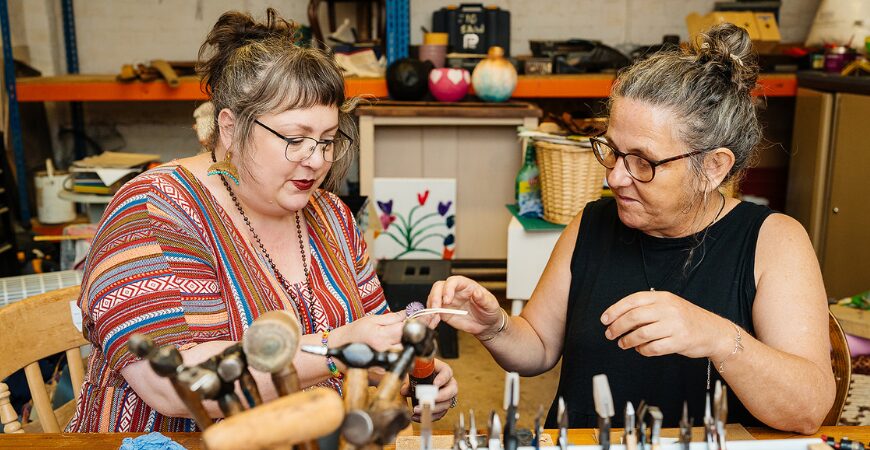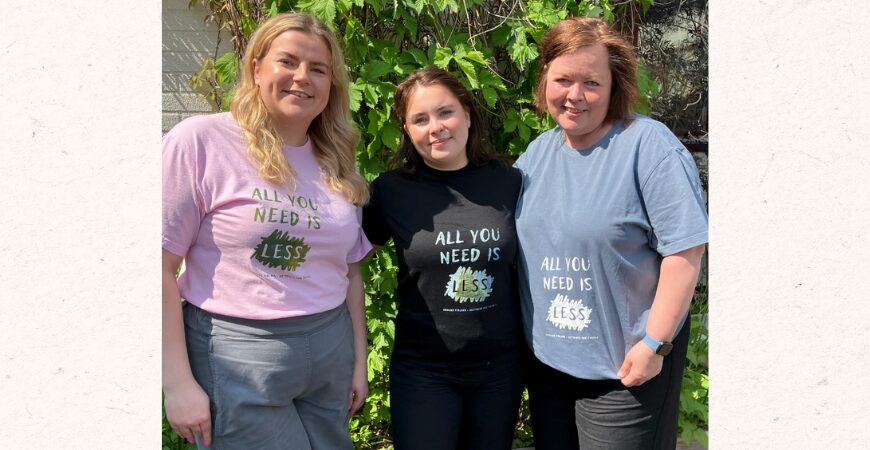Taking Action With Emmaüs
Female leadership – feedback from the pilot programme
In September 2025, Emmaus Europe launched a brand-new initiative: the first edition of the Women’s Leadership Programme. (more…)
Food is a Human Right for All European Citizens
Emmaus Europe has joined the European Citizens’ Initiative “Food is a Human Right for All!”. The signature collection has officially opened on 7 January.
(more…)
Healing Trauma: Emmaus Norfolk & Waveney’s Pioneering Women’s Project
According to a study carried out by Fobbed Off, in 2021 60% of homeless adults living in temporary accommodation in England were women.
(more…)
Fewer goods do us good: how can we tackle overproduction?
Overproduction has been a crucial issue for Emmaus groups in Europe for several years. Donation points are overflowing, while textile quality, in particular, has dropped drastically, jeopardising the solidarity-based reuse model that we promote and having a devastating effect on the environment and human rights.
(more…)







